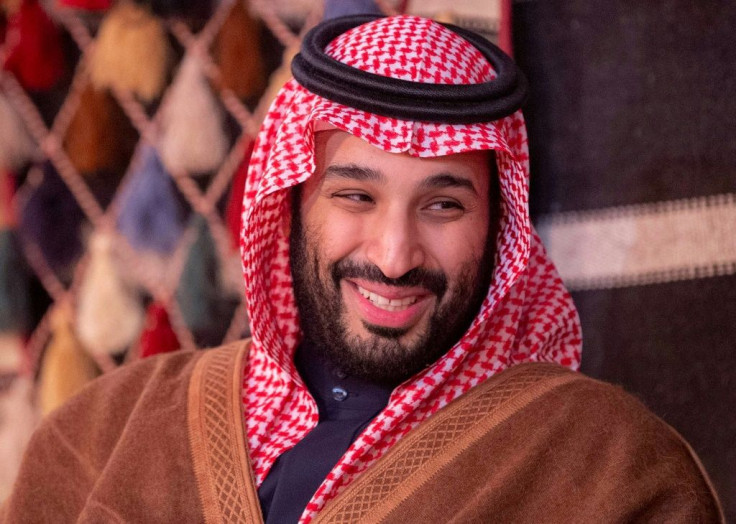House Democrats Want To Know If $2 Billion In Saudi Money Won Favors From Jared Kushner
Democrats in the House of Representatives are looking to answer one of their longest lingering foreign policy questions; why was former President Donald Trump’s administration so favorable to Saudi Arabia?
To do that, they are hoping to interrogate one of the chief architects of Trump’s Saudi strategy - his son in law Jared Kushner.
On Friday, Rep. Carolyn Maloney, D-NY., sent a letter to Kushner regarding a $2 billion investment to his private equity firm, Affinity, which was set up after his exit from the White House in January 2021. The funds were from Saudi Arabia’s Public Investment Fund (PIF), a body chaired by Crown Prince Mohammed bin Salman (MbS) that presides over $600 billion in funds.
In the letter, Maloney expressed concerns that the investment contributed to a perception that Saudi money "improperly influenced" U.S. foreign policy under his father-in-law. Pointing to Kushner's close personal relationship with the crown prince, the congresswoman maintained that Saudi investments in Kushner's company "create the appearance of a quid pro quo" arrangement.
"Your close relationship with Crown Prince bin Salman, your pro-Saudi positions during the Trump Administration, and PIF’s decision to fund the lion’s share of your new business venture — only six months after the end of your White House tenure — create the appearance of a quid pro quo for your foreign policy work during the Trump Administration," said Maloney in her letter.
Few countries were treated as favorably as Saudi Arabia during Trump’s term in office.
The president defended the oil-rich kingdom on many fronts, including through his initial support of its blockade of neighboring Qatar and Riyadh’s war in Yemen. In the most controversial episode in this relationship, Trump refused to punish Saudi Arabia or MbS personally after U.S. intelligence assessed the prince ordered the murder of dissident Jamal Khashoggi in Istanbul.

Kushner was known to possess an unusually warm relationship with MbS. In 2018, it was reported that Kushner pushed a U.S. defense contractor to cut its own prices on a radar missile system on behalf of the Saudis and he pressured administration counterparts to expand the size of a $110 billion arms deal to Riyadh. A year later, Kushner urged forward a nuclear technology sharing project with the Saudis over the objections of national security officials.
But it is Kushner and his family’s personal financial entanglements with Saudi Arabia that drew particular scrutiny. His brother Joshua accompanied Jared on a trip to Riyadh for a meeting with a PIF director in 2017. His family company Kushner Companies also had financial entanglements with Saudi interests that were previously reported.
Despite doubts from PIF officials on whether investing with Kushner was feasible given his limited track record in the private equity sector, the Wall Street Journal reported that they reasoned Kushner’s political ties through his father-in-law and Israeli officials made investing something to consider.
In contrast, Kushner’s inexperience in private equity turned off investors from the United Arab Emirates and Qatar, according to the Journal.
Maloney maintains that her request for information is meant to inform future reforms of federal ethics laws on post-government financial arrangements that may cause similar appearances of quid pro quo.
Kushner has denied any wrongdoing on his or his company’s part.
© Copyright IBTimes 2025. All rights reserved.





















